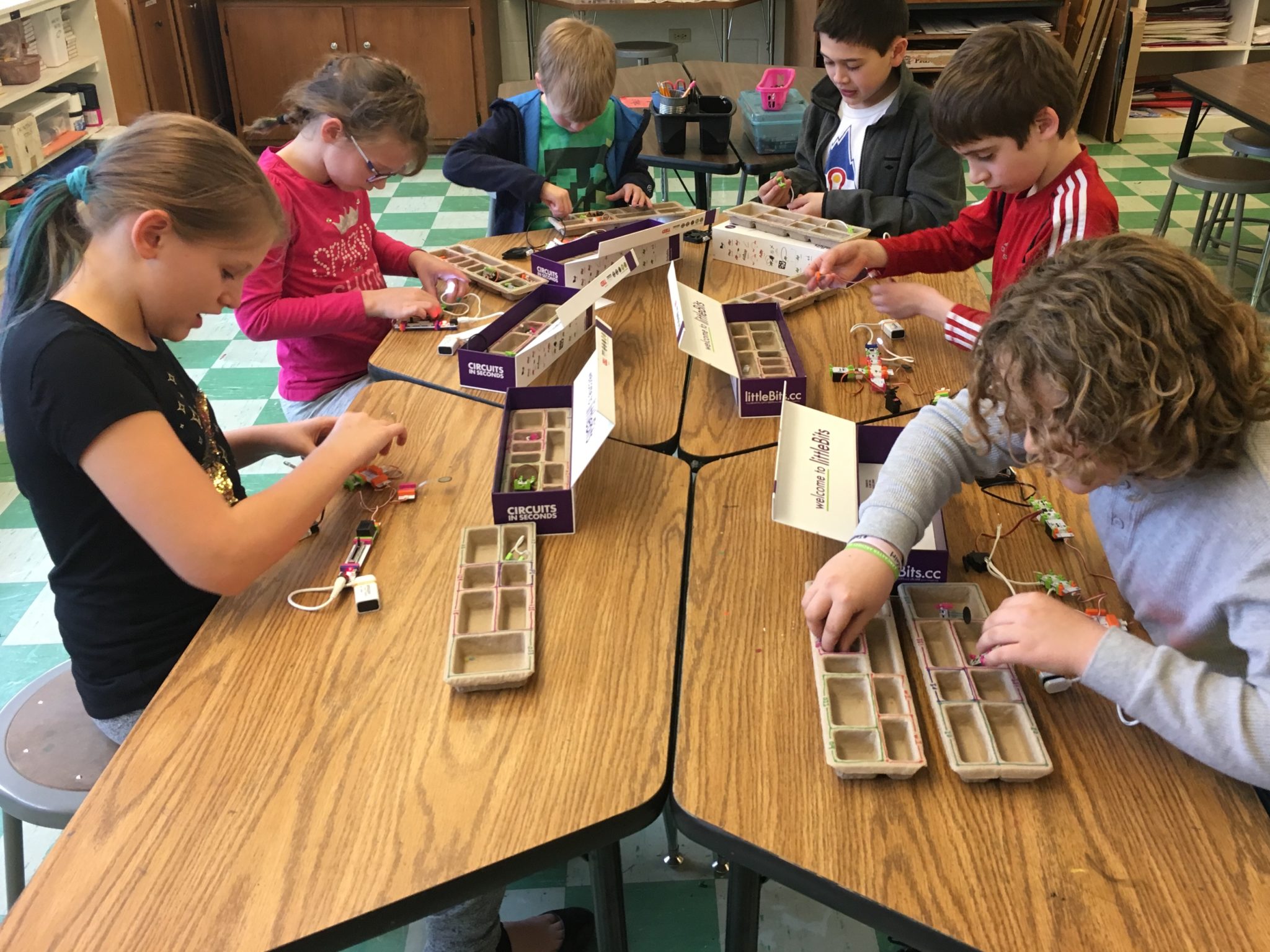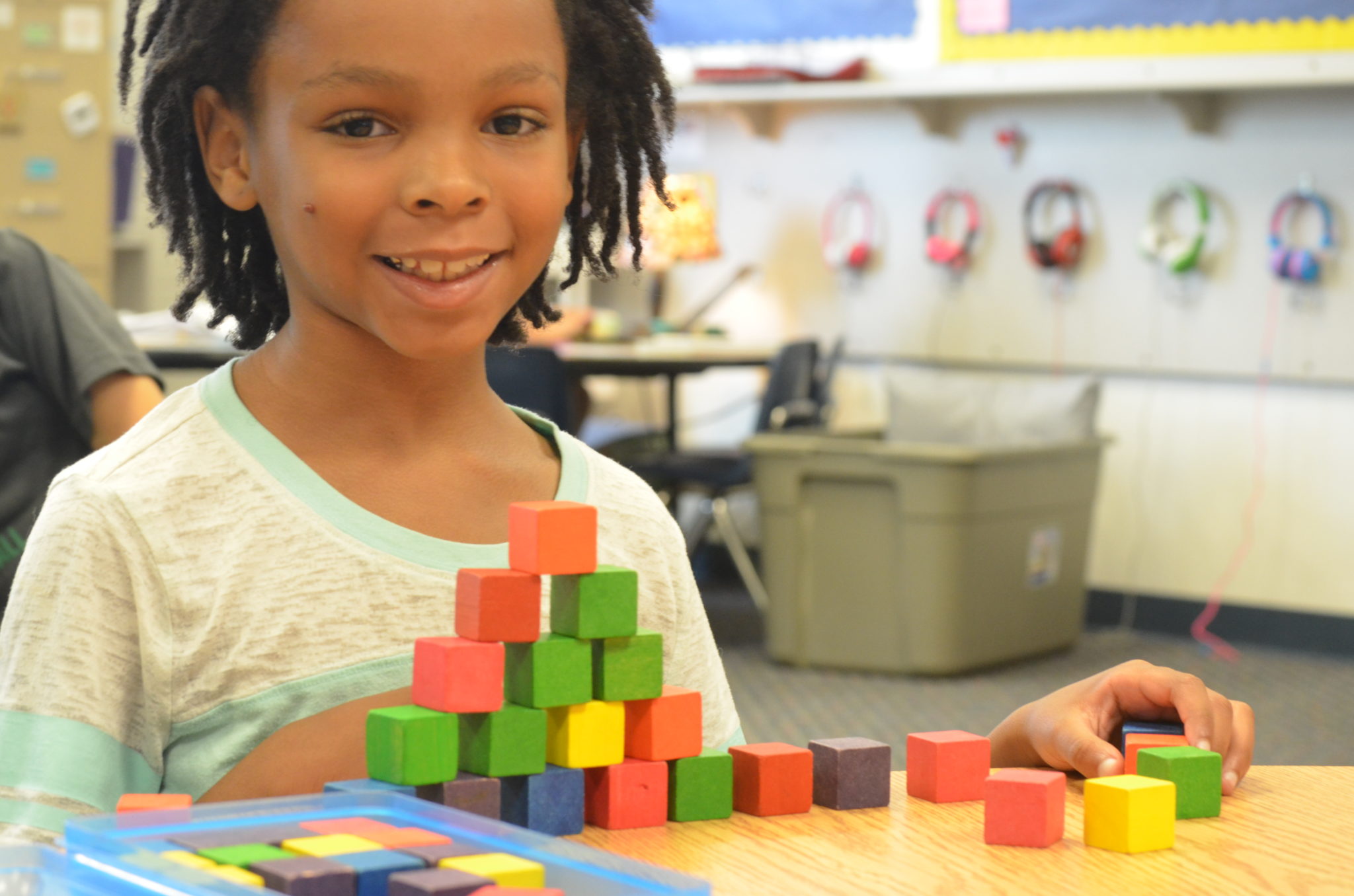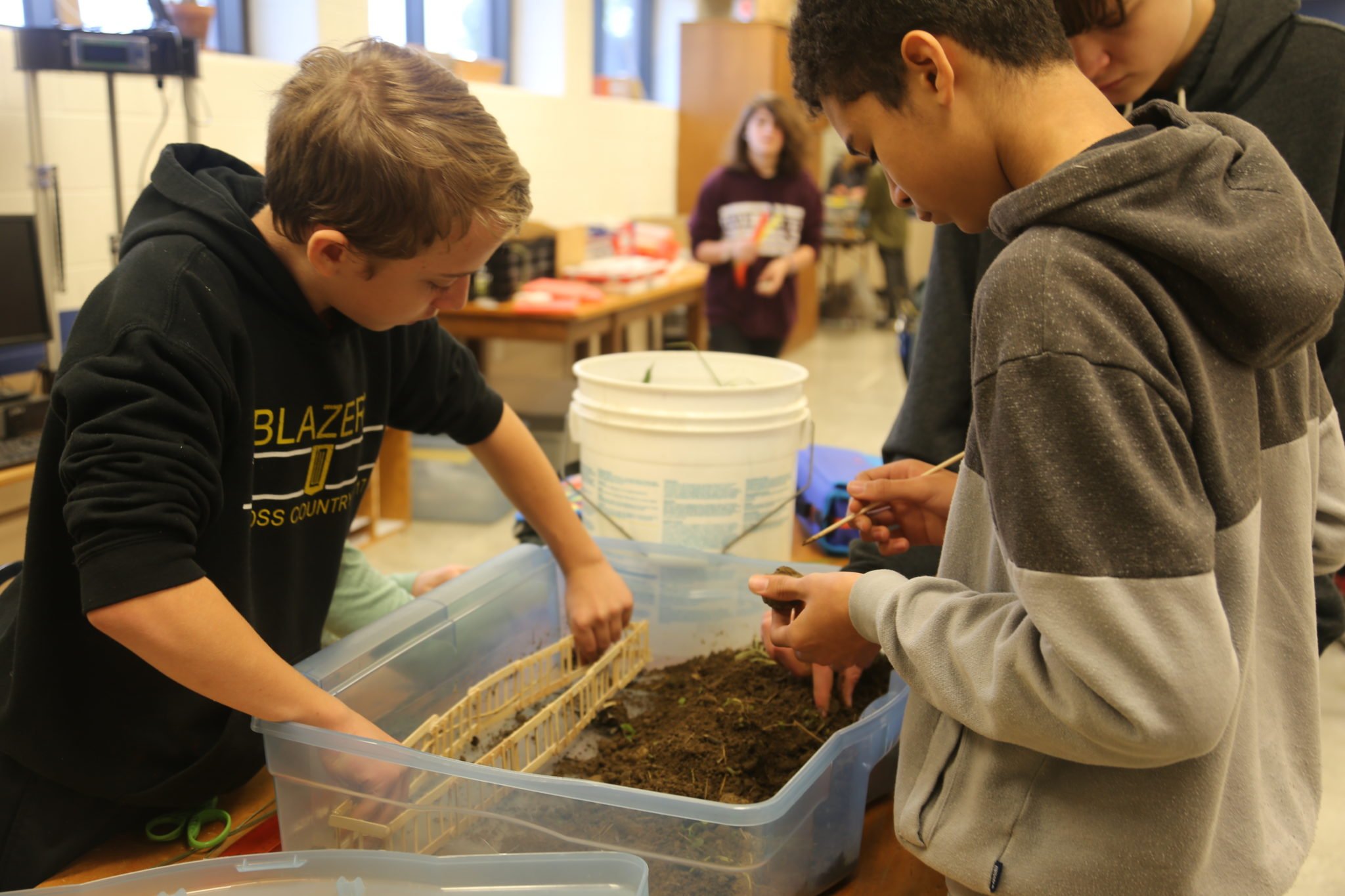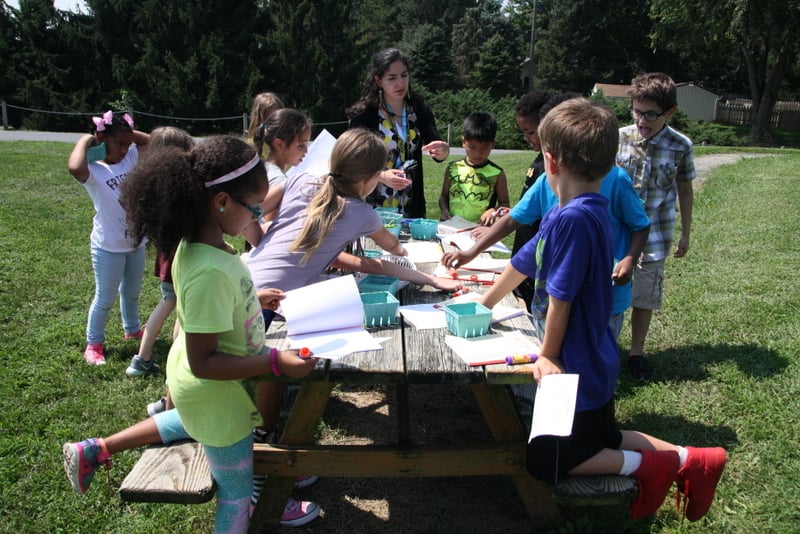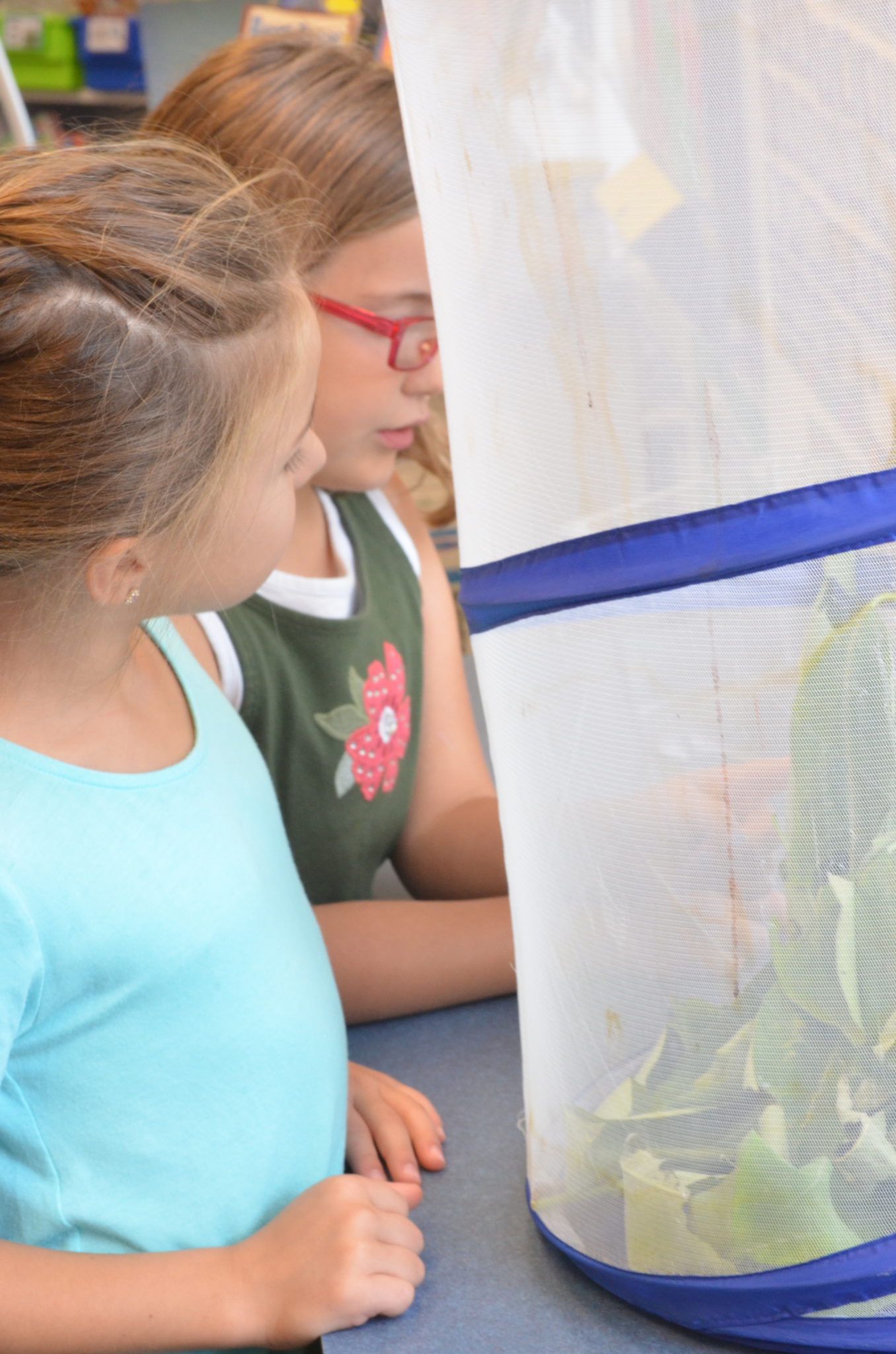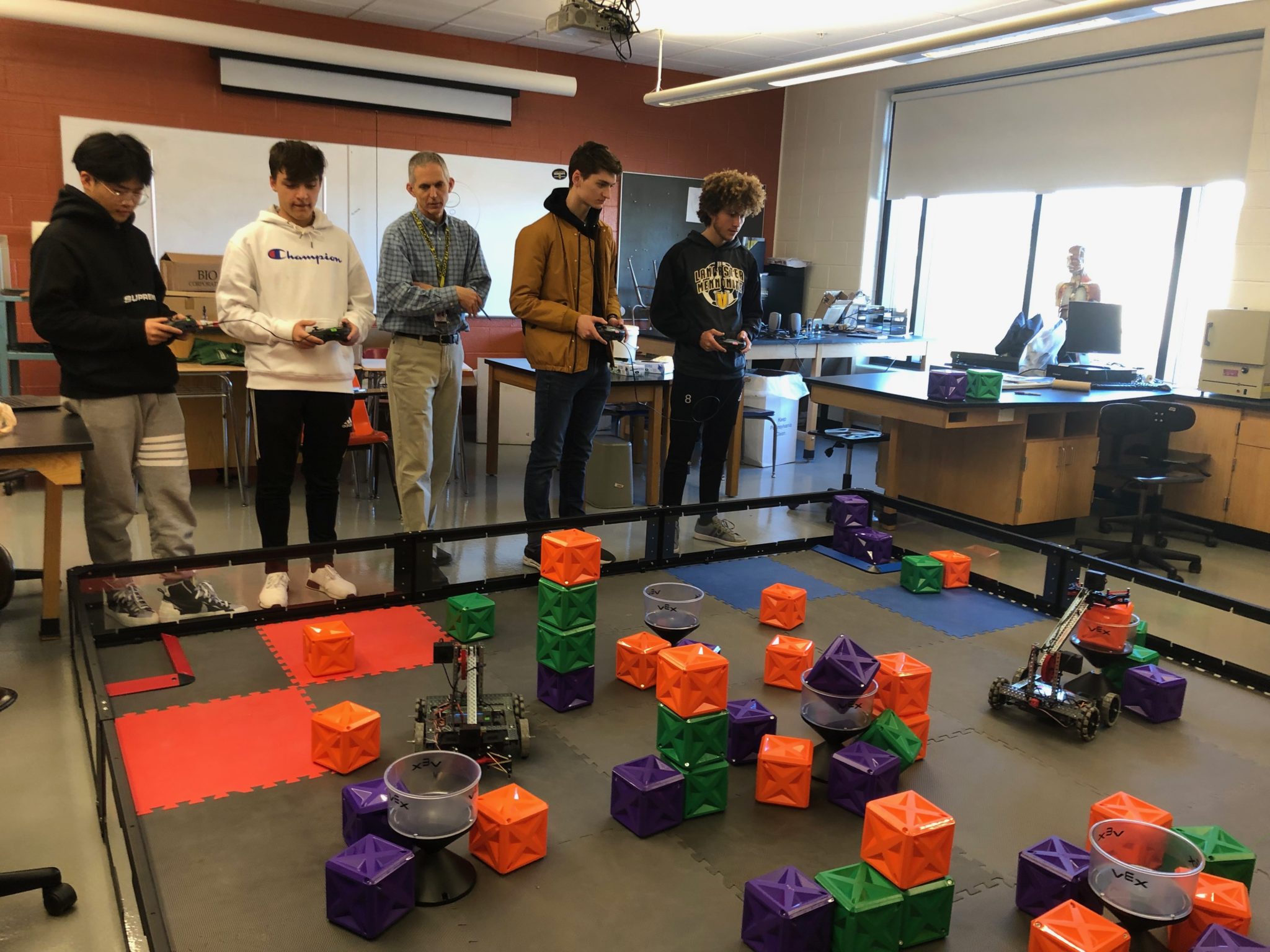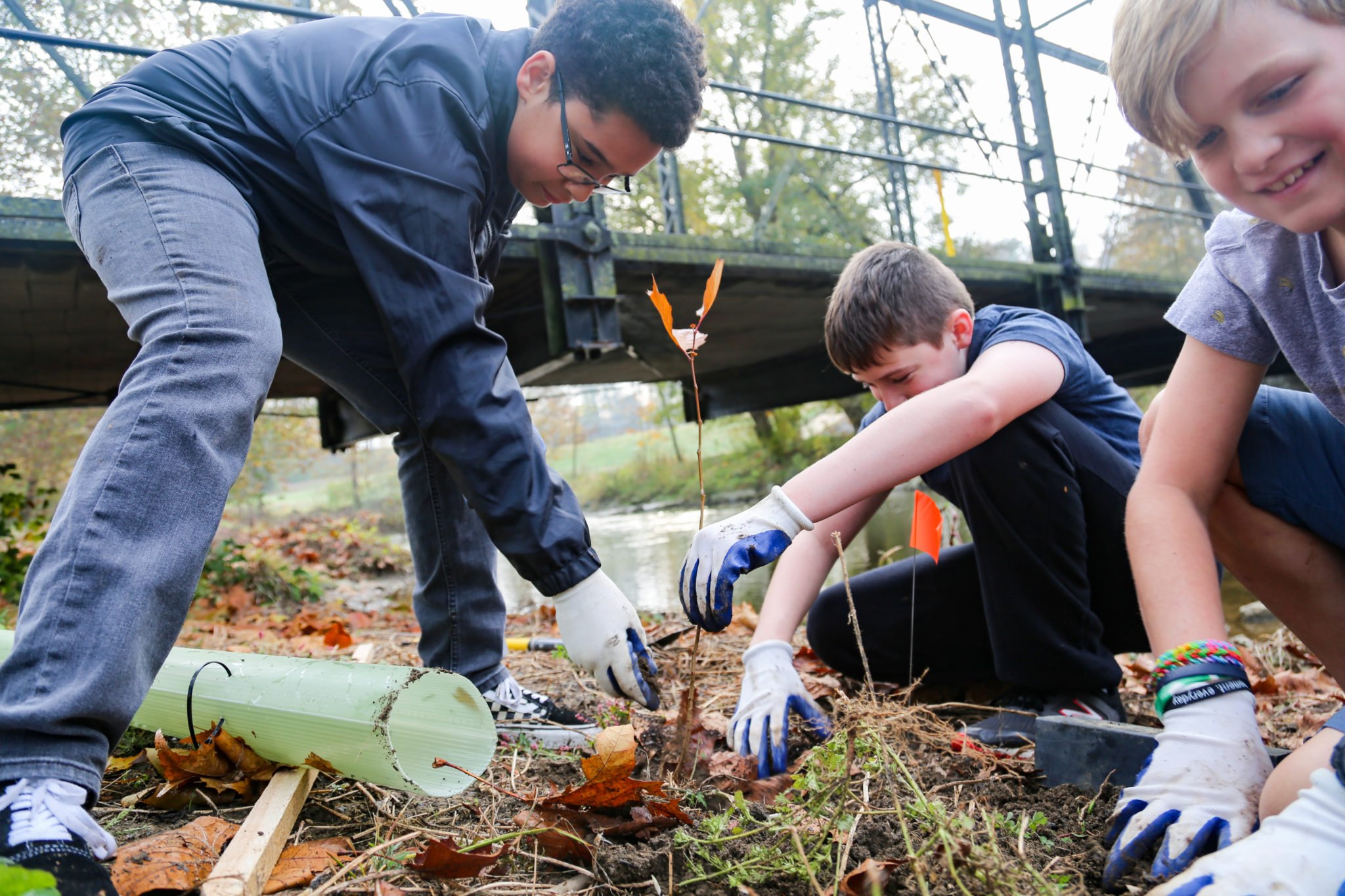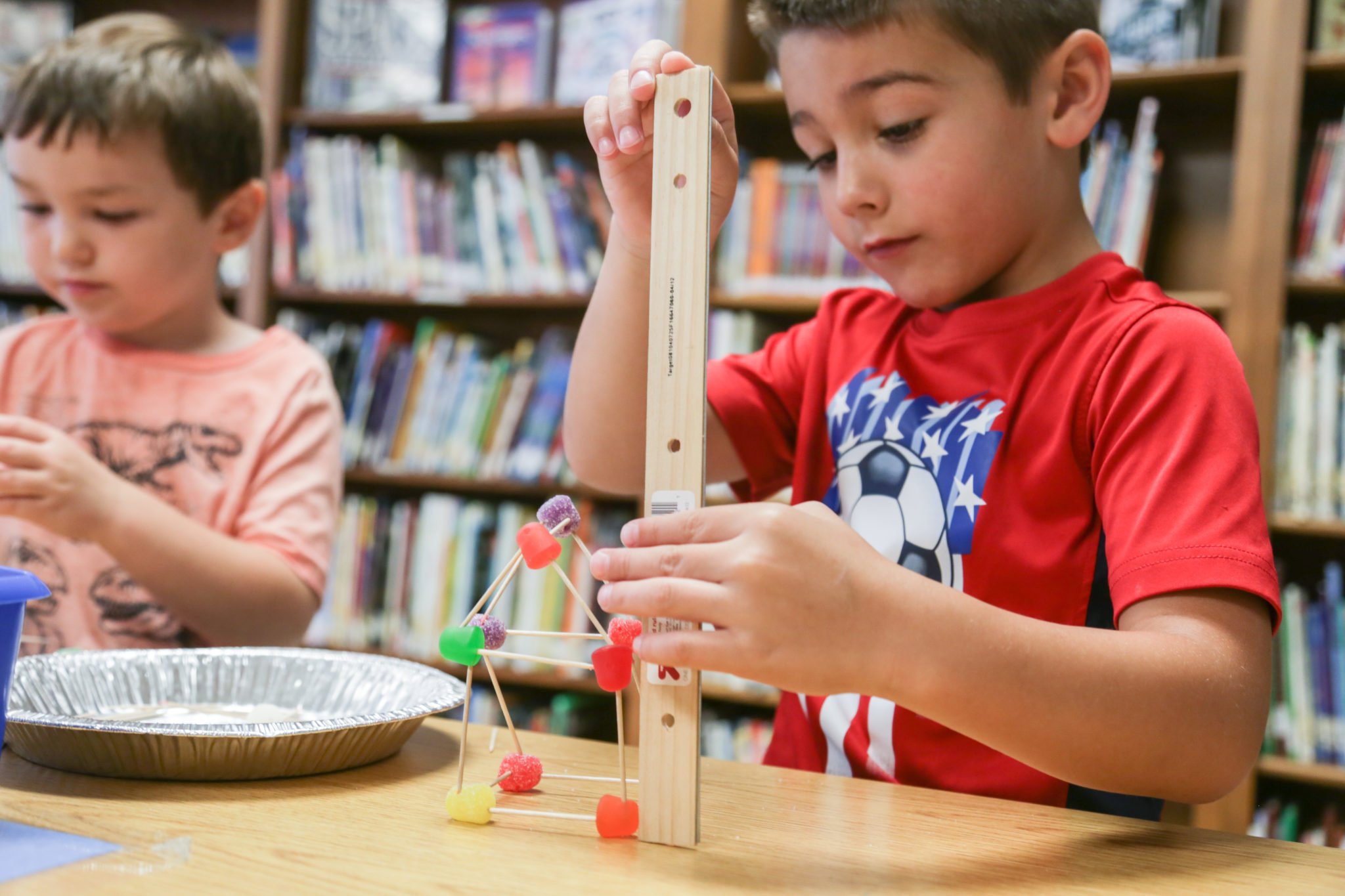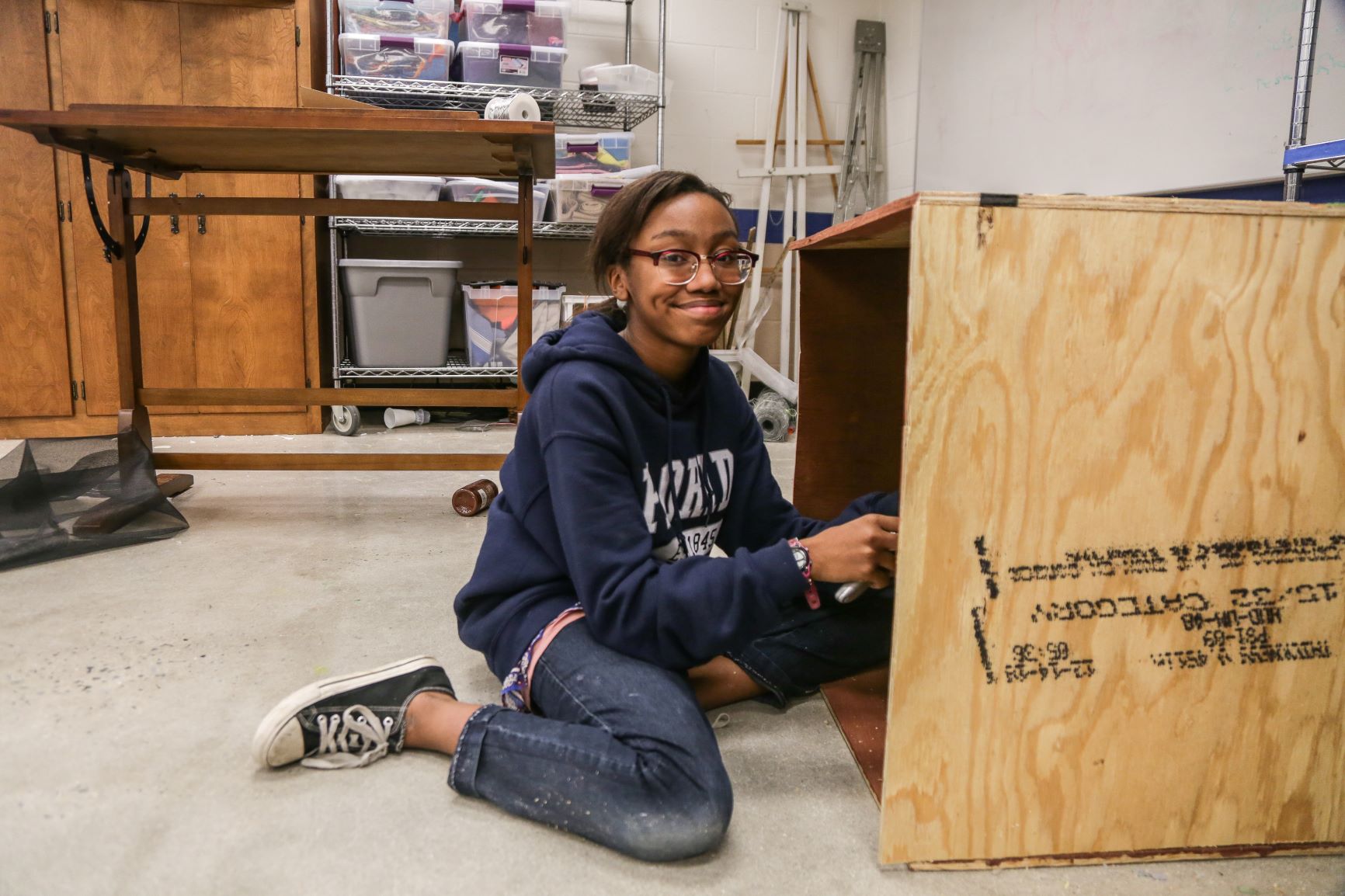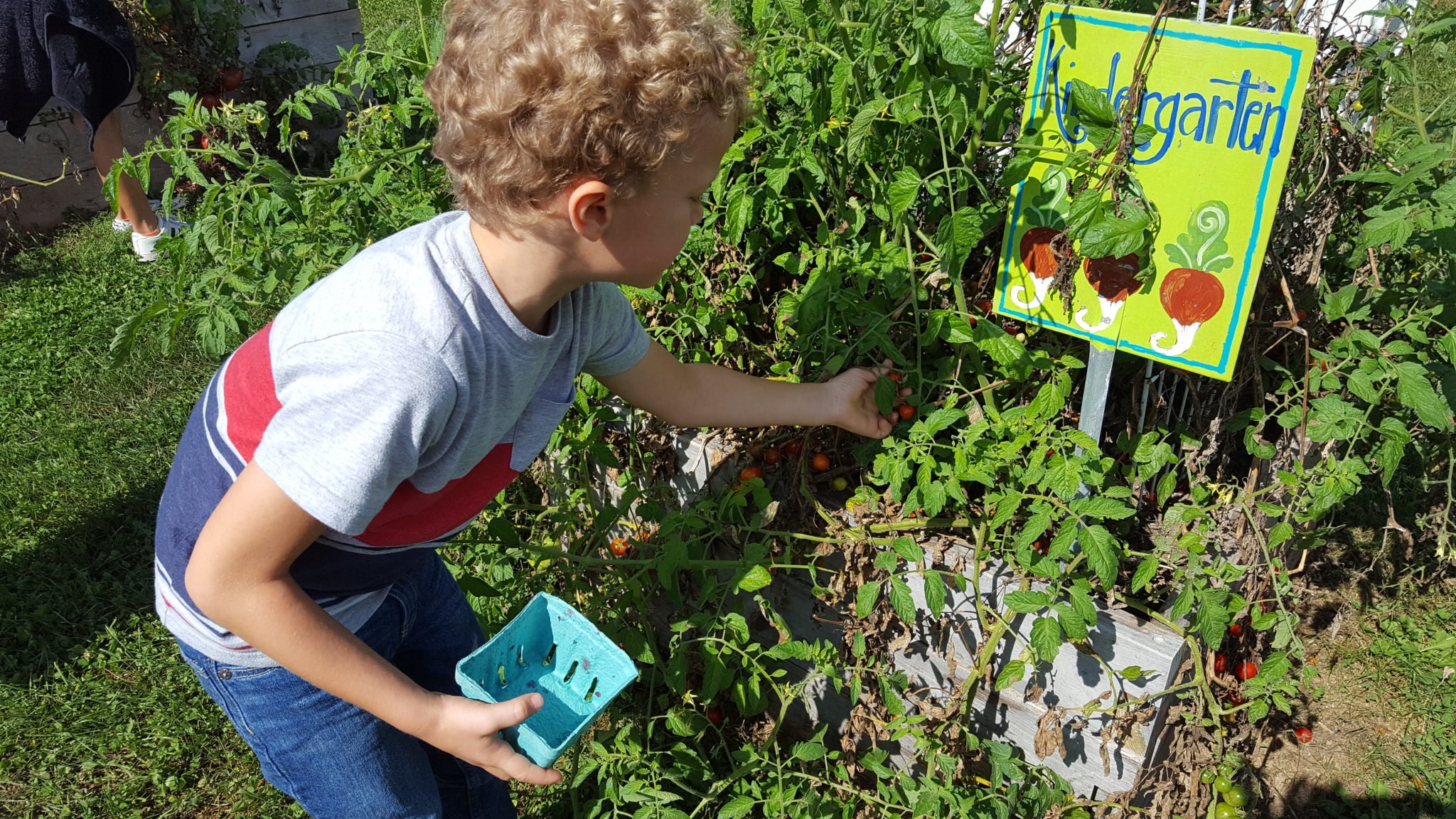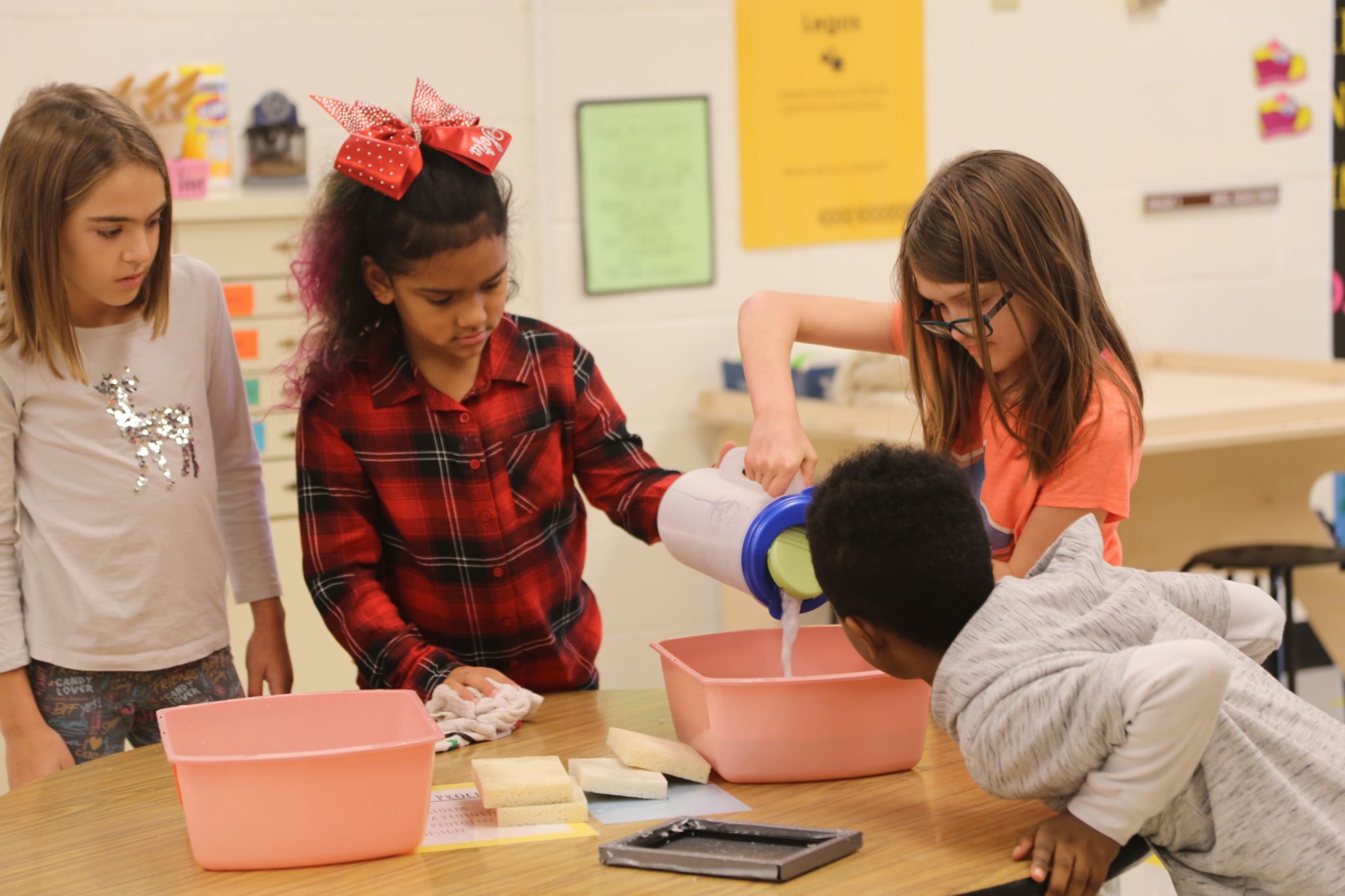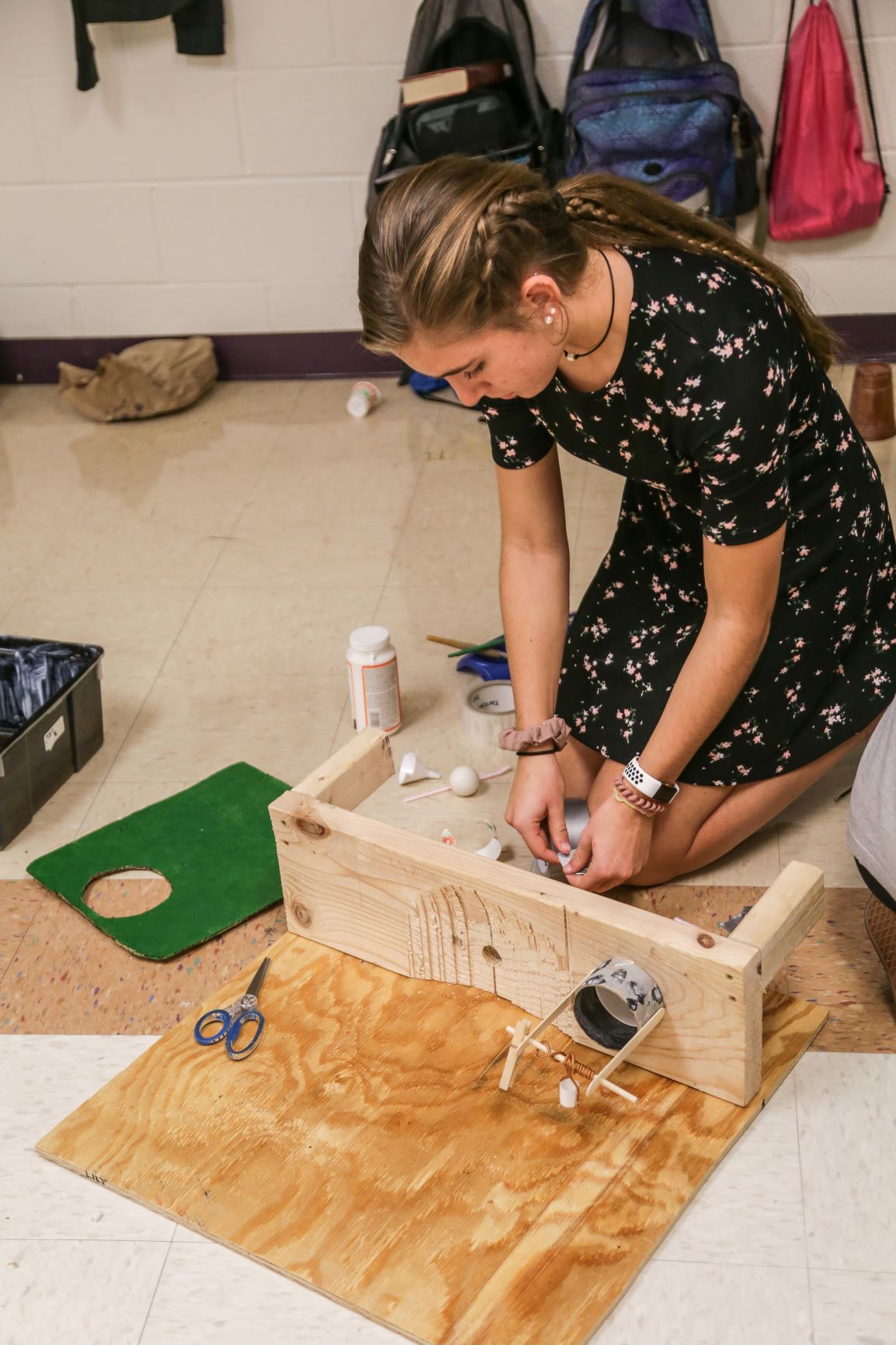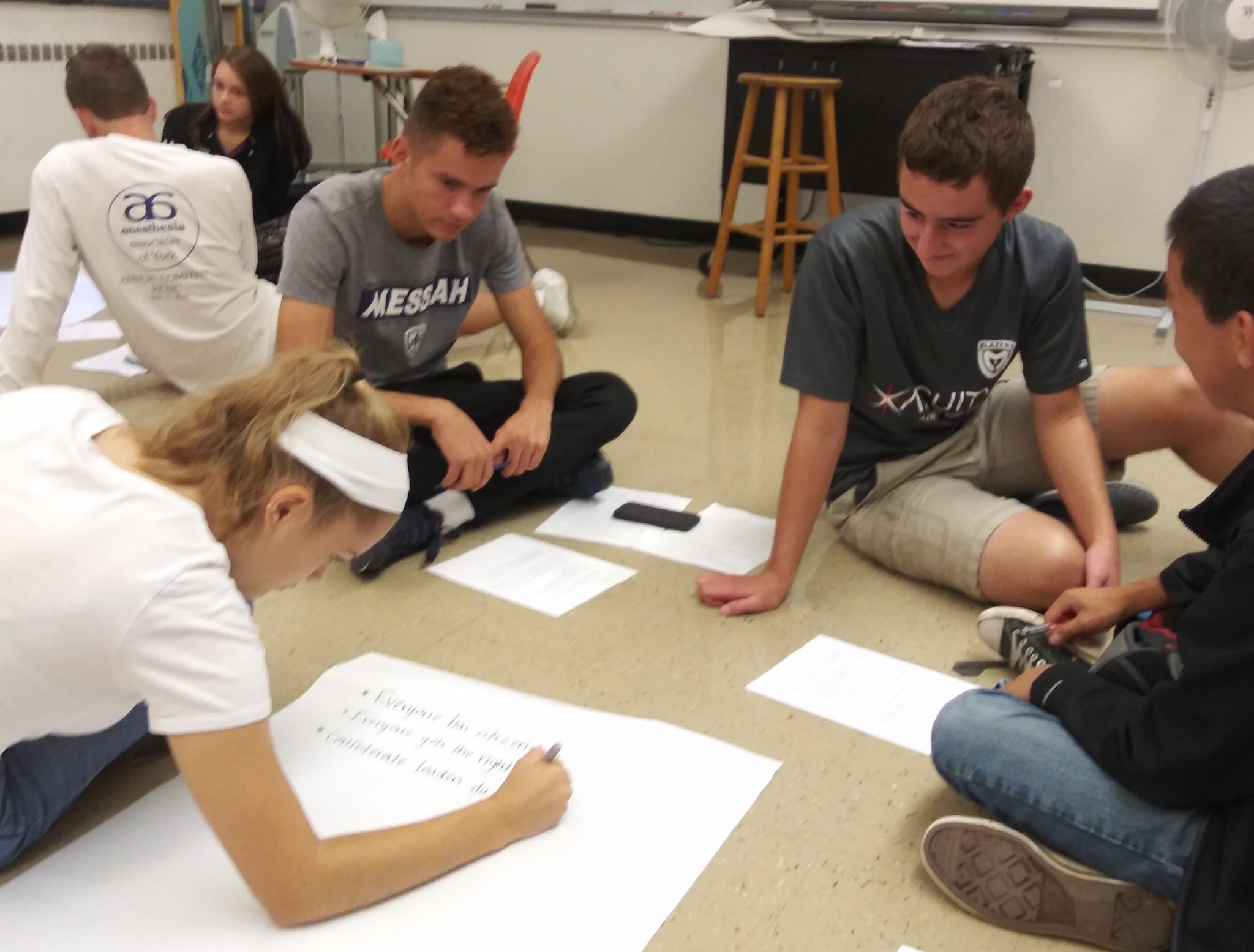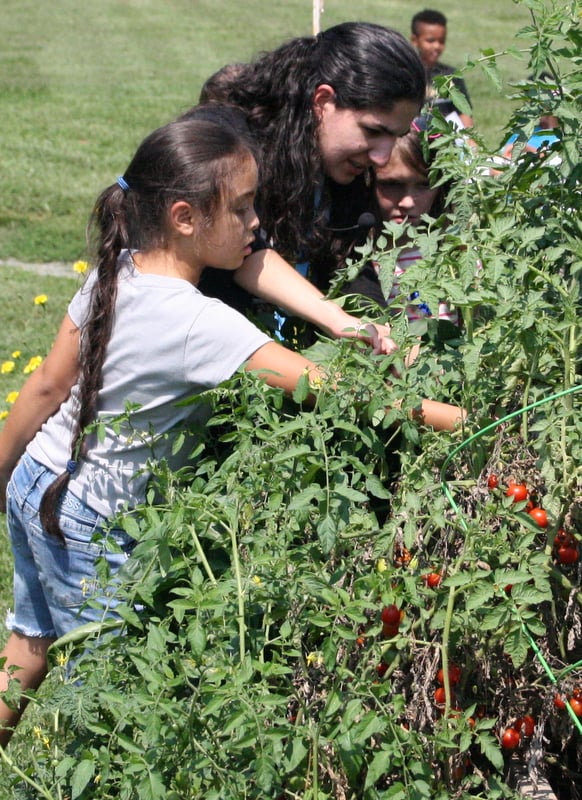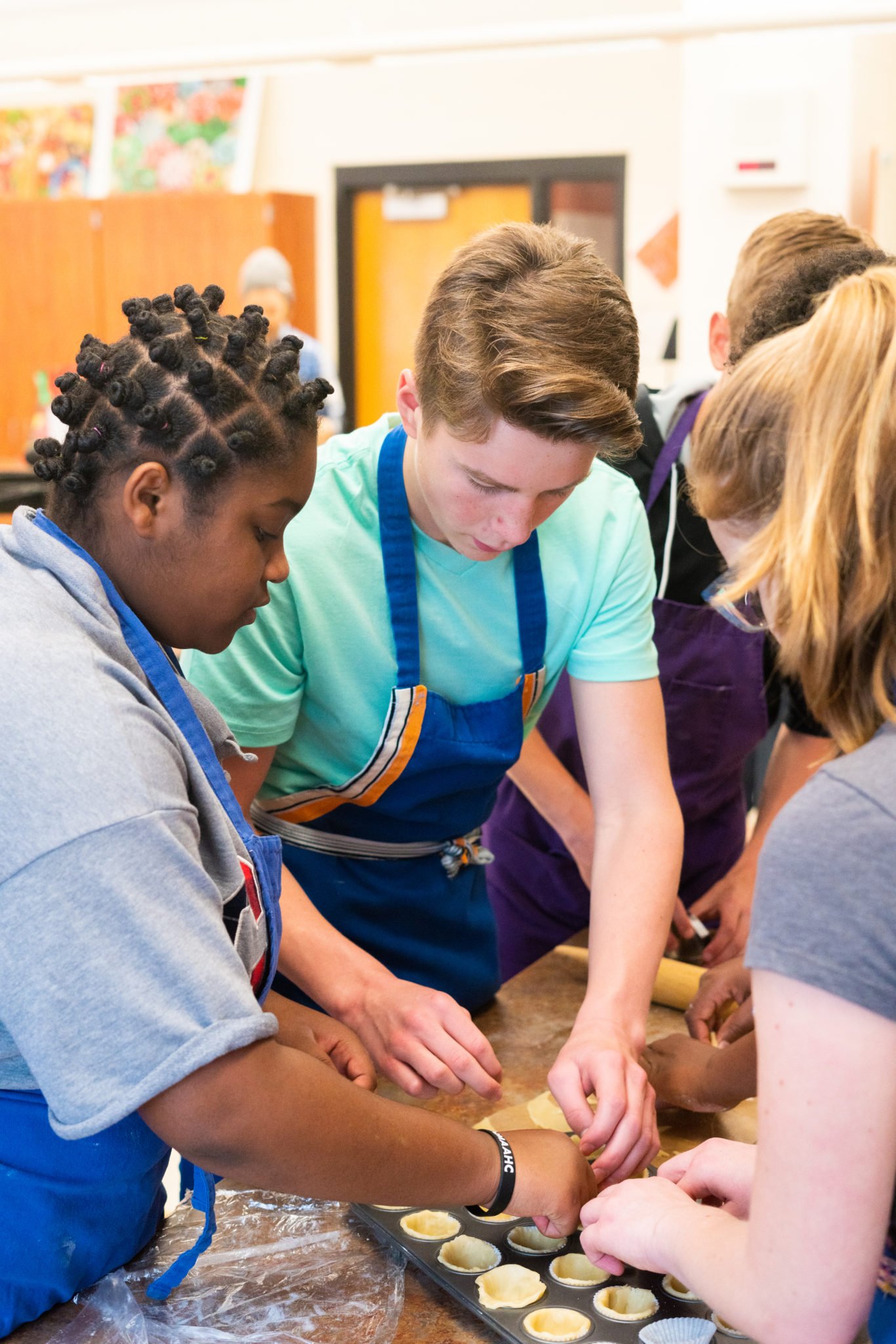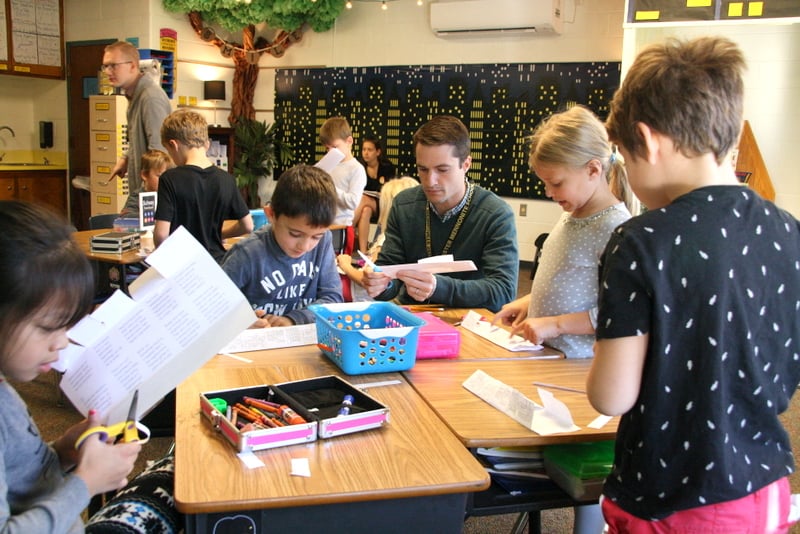STEAM Overview
Our STEAM Framework
STEAM stands for science, technology, engineering, art and math. In grades PreK-12th our students participate in STEAM.
We believe STEAM (science, technology, engineering, art and mathematics) and design-thinking are extremely important, so that is why we make it a part of our approach at all grades PreK-12th. Our school integrates hands-on learning into our curriculum, like: robotics, coding, makerspace, gardens, and much more!
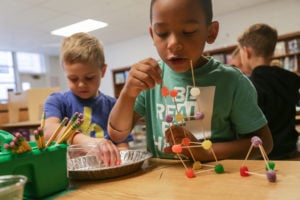
We’ve recently been named by Newsweek as a Top 5,000 STEM High School – learn more. LM is in the top 10% for U.S. high schools nationally due to our innovative STEM curriculum and opportunities, and due to our amazing teachers who are preparing students to excel in college, career and life.
STEAM represents a shift in education towards an integrated teaching and application of science, technology, engineering, art and mathematics. Rather than teaching these as isolated subject areas, Lancaster Mennonite is intentional about creating age-appropriate STEAM opportunities for all grades. We believe STEAM and design-thinking are extremely important, which is why every student at LM participates in STEAM education.
What is the same at every grade level is:
- The Design Process – This lets students walk through the steps of brainstorming, prototyping, testing, and redesigning in order to create projects that seek to solve real world problems.
- Strengthening 21st century skills – LM’s STEAM curriculum emphasizes communication, collaboration, creativity, and critical thinking so students are prepared to succeed in the workplace of the future.
- Multi-Discipline Approach – While there are designated times for math or science class, our teachers integrate topics between subject matter for an interdisciplinary and applied approach.
- Faith Integration – As with all our courses, our teachers weave faith into the core of their subject matter and encourage students to use their God-given gifts of creativity and problem-solving to find ways to create a better world.
Elementary Level
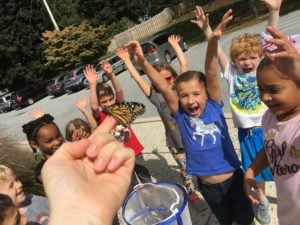
In addition to their courses in science, math, art, and music, elementary students also participate in Makerspace. LM’s Makerspace is a place where students can gather to share ideas and knowledge with one another as they work on projects, especially projects related to technology.
Makerspace Content
Trimester 1 – Engineering Challenges: Building with a variety of materials and exploring concepts in science and math.
- K-2 Grade: Brooke Brown Lessons
- 3rd Grade: Simple Machines
- 4th Grade: Forces (Tension, Thrust)
Trimester 2 – Project-Based Learning (PBL): Students learn by addressing an authentic, open-ended question. The elementary faculty work in grade-band teams to develop these questions based on student input.
Trimester 3 – High Tech Experiences: Coding, robotics, and electronics
Middle School
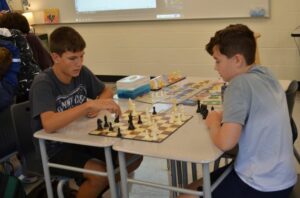
Our Middle School teachers integrate science, technology, engineering, art and mathematics in an interdisciplinary and applied approach throughout the Middle School curriculum. Students learn both core content areas as well as work across disciplines to apply their learning.
In Middle School, each quarter students get to answer a driving question that requires a creative real-world solution. Students are encouraged to acquire knowledge and skills through investigation, integration, synthesis and collaboration on projects with other students. Teachers also integrate this same design-thinking and design-oriented projects into their core subjects throughout the year.
Our Middle School has a large Design Lab for student collaboration and projects as well as state-of-the art equipment like laser cutters, CNC routers, 3D printers, and power tools. This gives our students the hands-on skills they need for many high tech careers.
Example Projects
Project #1: How do we build community at LM?
Students worked in teams to develop a complex game incorporating concepts from at least one of the content areas. Students began the interdisciplinary unit by playing games to get to know one another and to look for commonalities and specific traits of games. They then learned about game theory in design class and created their own rubric for project evaluation in Language Arts. From there they worked in teams to create, test, and perfect their own game based on content learning from the first quarter. This unit helped students to understand that creating complex games requires planning and revision, that collaboration requires very defined roles, that a rubric can be used to identify goals and objectives, and that applying concepts learned in class shows authentic understanding. They also came to know how important clear instructions are!
Project #2: How can we ensure that the things in our community that we love remain or are improved for future generations?
Students devised a proposal for ongoing development by creating a submission for the Lancaster County Planning 2040. This unit began with a visit from the Lancaster County Planning Commission to understand how land planning works and what priorities they have. Students then analyzed their own “communities” to understand how space is used and what needs there are. They also named points of concern that must be addressed for future sustainability. Students worked with a partner to develop their own plan for their identified community, which they presented in poster format. This unit helped students to understand how to take care of places that are important to them; how to connect people, places and opportunities; and how to create a great place to live
High School
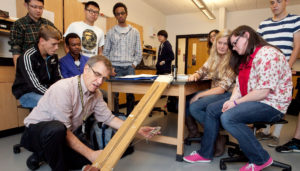
LM has a variety of STEAM classes for high school students looking to gain content knowledge, strengthen 21st century skills, and attain the tools needed to succeed in the workplace of the future. LM offers design-thinking framework in the curriculum and necessary skills to prepare students to problem-solve, collaborate, and think critically as they prepare for success in their careers.In addition LM provides extracurricular clubs, sports and competitions to participate in.
Classes Include:
- AP Biology
- AP Calculus AB
- AP Calculus BC
- AP Chemistry
- AP Computer Science Principles
- AP Computer Science A
- AP Physics C: Mechanics
- AP Statistics
- Wildlife and Fisheries Science
- Robotics
- Power Technology Small Engines
- Music – Ensembles in choir, band and orchestra
- Art – Painting, Drawing, Photography, and Sculpture
- Culinary Arts
- And many more…
LM Offers 28 AP & Honors Courses, and all the AP Science and Math Courses available!
STEAM OPPORTUNITIES
- Tech Crew
- Math Club
- Quiz Bowl Team
- Art Club
- Chess
- Green Team
- Silhouette (Literary Art Magazine)
- Yearbook
- FFA Club
- FFA regional and state competitions
- Brain Busters
- PA Math League
Photo Gallery

